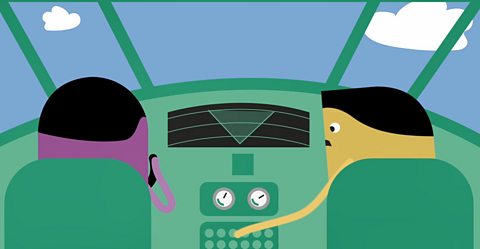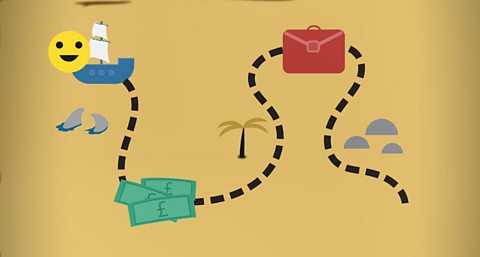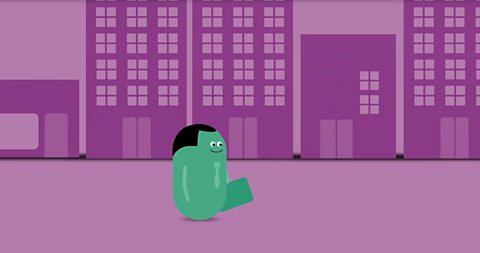What happens when you apply for a job?
Each company or organisation has a different process for recruiting staff. Some might ask you to submit an application form. Others will want a curriculum vitae (CV).
An application form asks you to provide your:
- qualifications;
- work experience;
- qualities;
- skills;
- extra-curricular activities and hobbies.
A CV should include your:
- personal details;
- qualifications and training;
- work experience;
- interests;
- details of suitable references, these might be from a teacher or a previous employer.
Interviews
This is the most common form of assessment.
Your prospective employer will ask you to come and meet them for a face-to-face discussion of the role, and your suitability.
Telephone conversation
The employer may phone you for a chat.
They will want to know how well you communicate and to get an outline of your skills and experience.
Aptitude testing
Some companies may ask you to complete a test of your literacy, numeracy and problem-solving skills.
Presentation
Some companies may ask you to give a presentation.
It could be based on your own experience, or they may ask you to prepare a talk on a particular topic related to the role.
Set a group task
The employer may ask you to perform a task in cooperation with other candidates to judge how well you work with others.
Interview preparation
The key to doing well in an interview is preparation. There are a lot of things you can do before your interview to make sure you perform at your best.
Research the job and the employer
Read the company website and find out what they do, who their clients are, and who's in charge.
Do a mock interview
Prepare responses to potential questions and ask someone to play the interviewer.
Typical questions include:
- Why do you want this job?
- What are your strengths?
- What are your weaknesses?
- What do you do when something goes wrong?
Draw on personal experience
What have you done in the past that relates to the role you're interviewing for?
Practice bringing your experience into your answers.
Practice using the STAR technique
The STAR technique means breaking your answers into four parts to keep them focused:
- Situation — what happened?
- Task — what did you need to do?
- Activity — what did you actually do?
- Result — what was the outcome?
Be conscious of your body language
Interviewers will look at how you hold yourself. Don't fidget, play with your hair, or chew gum.
You should make sure that you're appropriately dressed. Get as much practice in as possible as this will help with your nerves.
Review your social media presence
Employers will undoubtedly look at your social media feeds to see what you're like. Think carefully about what you want them to see and adjust your privacy settings accordingly.
Self-evaluation and reflection
It’s always a good idea to self-evaluate after an interview, to identify how you could do better next time.
List the questions that you answered well, and those you didn’t. Take some time to improve your answers.
You could also run through your performance with your careers teacher, Learning for Life and Work teacher, or your form teacher.
Resources to support your preparation
There are a range of organisations that can help you with your job search.
More on Employability
Find out more by working through a topic
- count4 of 5

- count5 of 5

- count1 of 5

- count2 of 5
